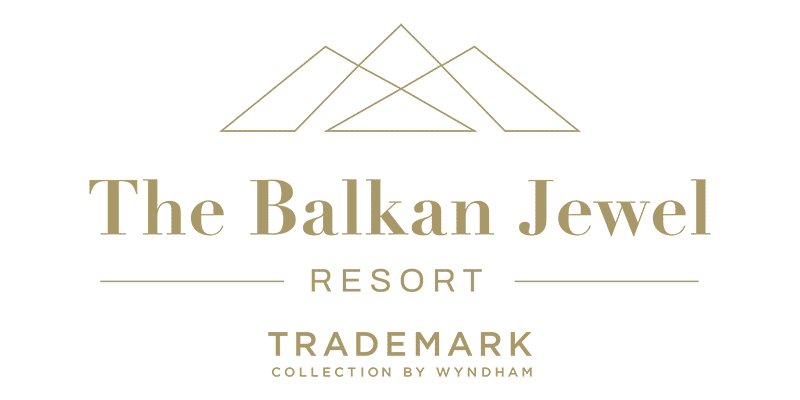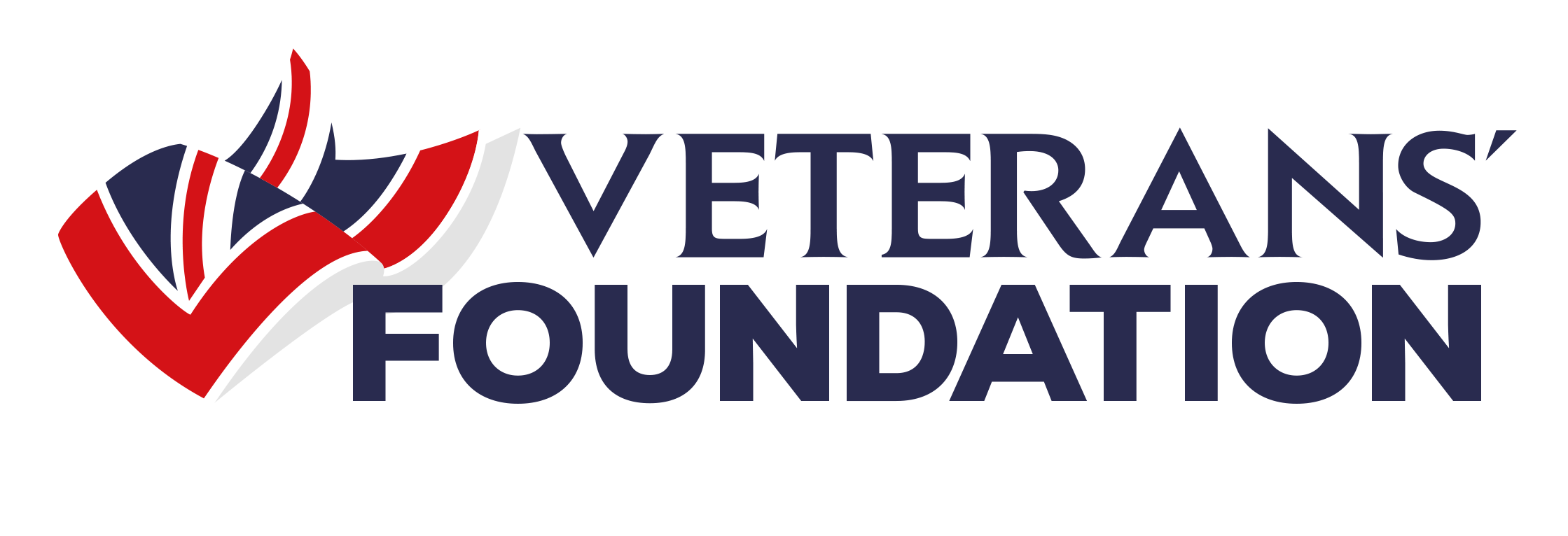Safeguarding Policy

SAFEGUARDING CHILDREN AND ADULTS
- Introduction. Safeguarding is everyone’s business.
- Give Us Time (GUT) is committed to the following principles:
- The care and nurture of, and respectful treatment of all children and all adults.
- The safeguarding and protection of all children and all adults from harm.
- Enabling a safe, caring environment where beneficiaries can report or disclose abuse and where they can find support and best practice that contributes to the prevention of abuse.
- In particular, GUT aims to:
- Reduce and prevent the risk of significant harm to vulnerable people (children and adults) from abuse or other types of exploitation.
- Ensure safeguarding is everybody’s business, playing its part in preventing, detecting and reporting incidents of abuse.
- Co-operate fully with statutory agencies and other relevant organisations in the prevention and management of incidents of abuse.
- Give Us Time (GUT) is committed to the following principles:
- Application. This policy applies and relates to all staff, trustees, advisers of and past and current members of GUT.
- Links. This policy links to other GUT relevant policies and protocols, including confidentiality, internet use, use of photographic images, recruitment and the Staff Handbook.
- Review. This policy will be reviewed annually by the trustees.
- Definitions.
- A “child” is a person under 18 years of age and is seen to be vulnerable by reason of his or her age.
- An “adult” is a person aged 18 or over. The Care and Support Statutory Guidance issued under the Care Act 2014 (s 14.2) by the Department of Health replaces the previously used term ‘vulnerable adult’ with ‘adults experiencing, or at risk of abuse or neglect’.
- “Domestic violence and abuse” is any incident or pattern of incidents of controlling, coercive, threatening behaviour, violence or abuse between those aged 16 or over who are, or have been, intimate partners or family members regardless of gender or sexuality. The abuse can encompass, but is not limited to; psychological, physical, sexual, financial and emotional abuse.
- For definitions of abuse, see Appendix 1: Types of Abuse.
- Legal Framework Children. The Children Act 2004 (s 11) places a duty on a range of organisations and individuals to have in place arrangements to safeguard and promote the welfare of children. The arrangements organisations are required to have in place are set out in paragraph 4 of Chapter 2 of Working Together to Safeguard Children – A guide to inter-agency working to safeguard and promote the welfare of children 2 (HM Government March 2015). The range of organisations includes “Voluntary Organisations”. Paid and volunteer staff need to be aware of their responsibilities for safeguarding and promoting the welfare of children, how they should respond to child protection concerns and make a referral to local authority children’s social care or the police if necessary.
- Legal framework for adults. The Care Act 2014 sets out a clear legal framework for how local authorities and other parts of the system should protect adults at risk of abuse or neglect. It recognises that local authorities can only safeguard individuals by working together with the Police, NHS and other key organisations as well as awareness of the wider public. Agencies that support adults at risk of abuse and neglect can prevent and detect harm but they must act swiftly and competently when abuse is suspected or reported. As a voluntary organisation we need to work with commissioners and the Local Safeguarding Adults Board, when appropriate, to agree how their role fits alongside the statutory agencies and how we should work together[1]. When appropriate, we also need to work with the local authorities, police, health authorities through the owners of the commercial properties we use in order to ensure we meet our obligations.
- Guidance. This policy follows requirements from the following Government Guidance: Working Together to Safeguard Children A guide to inter-agency working to safeguard and promote the welfare of children HM Government 2015, Care and Support Statutory Guidance Issued under the Care Act 2014 Department of Health 20155.
- Charity Commission Requirements. The Charity Commission (CC) has a regulatory role focused on the conduct of trustees and the steps they take to protect the charity now and in the future.
- Give Us Time works with vulnerable groups and children: the Trustees therefore have a duty of care to their charity which will includes taking the necessary steps to safeguard and take responsibility for those children and vulnerable adults. They must always act in their best interests and ensure they take all reasonable steps to prevent any harm to them. Trustees also have duties to manage risk and to protect the reputation and assets of the charity.
- The CC expects our Trustees to act responsibly in responding to allegations of abuse and to take steps to ensure they and the people working in the charity know how to deal with incidents of abuse if they arise. This includes making sure that Charity has adequate systems in place to handle allegations and deal with them responsibly and, where appropriate, report incidents to the police, social services and other agencies, including the Commission.
- Trustees must put systems in place to make the necessary checks to ensure individuals who are trustees, staff (including contractors) and volunteers are legally able to act in positions involving vulnerable beneficiaries.
- Safeguarding Boards.
- The Local Safeguarding Children Board (LSCB) is a multi-agency partnership in every locality to agree on how they will cooperate with one another to safeguard and promote the welfare of children.
- The Local Safeguarding Adults Board (LSAB) is a multi – agency partnership which provides strategic leadership for the development of adults safeguarding policy and practice.
- Dealing With Allegations. Where an allegation of abuse arises which relates to any one related to the charity, GUT will seek advice, share information and co-operate fully with the procedures followed by the relevant agencies.
- GUT’s Implementation of Statutory Safeguarding Requirements. Ultimate legal responsibility for safeguarding in GUT rests with the Trustees, who ensure that GUT has put in place safeguarding arrangements that reflect the importance of safeguarding and promoting the welfare of children and adults in accordance with statutory requirements and locally agreed interagency procedures. The designated member of staff for Safeguarding is the Managing Director and a trustee is appointed as Safeguarding Representative, to ensure procedures are in place for dealing with safeguarding issues.
- The safeguarding roles are defined in the job descriptions in Appendix 2.
- Supervision, support and training, including Local Authority and Church of England safeguarding training, is in place for the Safeguarding Designated Officer (staff), and Safeguarding Representative (trustees).
- Names of the Safeguarding Designated Officer and Safeguarding Representative are entered in Appendix 3 of this policy, and updated annually.
- Culture of listening to children and adults.
- Responsibility: All staff and trustees All safeguarding information about abuse, whether past or present, and including internet abuse, is taken seriously and referred to the Safeguarding Designated Officer (staff) or Safeguarding Representative (trustees).
- Responsibility: Court of Assistants Taking into account the views of children and adults affected, the Court of Assistants:
- Reviews all allegations and concerns brought to its attention, and remedies without delay any deficiencies or weaknesses in regard to safeguarding arrangements that are brought to their attention;
- Reviews SFC’s safeguarding policies and procedures annually.
- Information Sharing. All Trustees and staff are to ensure all allegations or concerns are reported to the Safeguarding Designated Officer. If concerning a beneficiary or a member of staff, or to the Safeguarding Representative, if concerning a trustee, patron or ambassador.
- The Safeguarding Designated Officer (MD) or Safeguarding Representative (ST) shares information about any allegation or concern with the statutory agencies in which the alleged victim resides: police if criminal behaviour; and with the Designated Officer, Social Services, within one working day; and follows statutory advice.
- The Safeguarding Designated Officer (MD) reports all safeguarding information about abuse, and the response made, to the Registrar and the Safeguarding Representative (ST).
- The Safeguarding Representative (ST) informs and the Chairman of the allegation, and advises on how the staff should respond.
- If the allegation is made against any staff member, the Safeguarding Designated Officer (MD) or Safeguarding Representative (ST) shares information with the relevant agencies.
- If the allegation is made against a beneficiary, information will be shared with the relevant Safeguarding agencies.
- The Safeguarding Designated Officer ensures that information is shared with the Charity Commission, and with GUT’s insurers.
- Safer recruitment.
- The Safeguarding Designated Officer (MD) will ensure that all staff recruitment includes references, interviews, a self-declaration of cautions and convictions, and if the post is eligible, a criminal check with the Disclosure and Barring Service.
- All trustee recruitment will include an interview and self-declaration of cautions and convictions.
- Competence for role/raising concerns/support.
- Responsibility: Safeguarding Designated Officer (staff) GUT’s policies and procedures are available and accessible to all staff, as is required by their role.
- Responsibility: Safeguarding Designated Officer (staff) and Safeguarding Representative (trustees) All staff, trustees and users of services know who to contact if they have a safeguarding concern.
- Training, supervision, induction, review.
- Responsibility: Safeguarding Designated Officer (staff)/Human Resources; Safeguarding Representative (trustees)
- All staff and trustees undertake training required to equip them to carry out their responsibilities for safeguarding effectively, that is kept up to date by refresher training, if appropriate, at three yearly intervals. Details of training are provided in a timely fashion for all staff and trustees when appropriate. Introduction to safeguarding policies and procedures is included in staff and trustee induction programmes when appropriate.
- OnLine Training is available @ https://www.safeguardingkids.co.uk/members_area.php?redirect=onlinetest and
https://www.ihasco.co.uk/courses/detail/safeguarding-vulnerable-adults
- If the concern is about the Safeguarding Representative (trustees) the matter should be reported to the Chairman; if about the Designated Officer, the matter should be reported to the Safeguarding Representative (trustees) and the Chairman.
- Review of improvement in safeguarding practice forms part of staff ongoing appraisal when appropriate.
- Responding to serious situations. Responsibility: Safeguarding Designated Officer (staff) and Safeguarding Representative (trustees).
Appendix 1.
Definition of Abuse.
Abuse is mistreatment by any other person or persons that violates a person’s human and civil rights. The abuse can vary, from treating someone with disrespect in a way that significantly affects the person’s quality of life, to causing actual physical or mental suffering.
- Physical Abuse. May involve hitting, shaking, throwing, poisoning, burning or scalding, drowning, suffocating or otherwise causing physical harm to a child or adult. Physical harm may also be caused when a parent or carer fabricates the symptoms of, or deliberately induces, illness in a child.
- Sexual Abuse. Children: forcing or enticing a child to take part in sexual activities, whether or not the child is aware of what is happening. The activities may involve physical contact, including assault by penetration (for example, rape or oral sex) or non-penetrative acts such as masturbation, kissing, rubbing and touching outside of clothing. They may also include non-contact activities, such as involving children in looking at, or in the production of, sexual images, watching sexual activities, encouraging children to behave in sexually inappropriate ways, or grooming a child in preparation for abuse (including via the internet). Adults: the involvement of a vulnerable adult in sexual activities or relationships, without informed or valid consent.
- Child Sexual Exploitation. A form of sexual abuse that involves the manipulation and/or coercion of young people under the age of 18 into sexual activity in exchange for things such as money, gifts, accommodation, affection or status.
- Neglect and acts of omission. The persistent failure to meet an individual’s basic physical and/or psychological needs, likely to result in the serious impairment of their health or development. Including ignoring medical or physical care needs, failure to provide access to appropriate health, social care or educational services, the withholding of the necessities of life, such as medication, adequate nutrition and heating.
- Emotional/Psychological Abuse (including Web-based bullying and witnessing Domestic Abuse). The persistent emotional maltreatment of a child or adult such as to cause severe and persistent adverse effects on the individual’s emotional development. It may involve conveying to them that they are worthless or unloved, inadequate, or valued only insofar as they meet the needs of another person.
- Financial/Material abuse. The denial of access of the individual to money, property, possessions, valuables or inheritance, or improper or unauthorised use of funds via omission, exploitation or extortion through threats; including theft, fraud, exploitation, pressure in connection with wills, property or inheritance or financial transactions, or the misuse or misappropriation of property, possessions or benefits.
- Domestic Violence/Abuse. Any incident or pattern of incidents of controlling, coercive, threatening behaviour, violence or abuse between those aged 16 or over who are, or have been, intimate partners or family members regardless of gender or sexuality. The abuse can encompass, but is not limited to: psychological; physical; sexual; financial; emotional.
- Discriminatory Abuse. Values, beliefs or culture result in the misuse of power that denies opportunities to some individuals or groups; including racist, sexist, that based on a person’s disability, sexual orientation, and other forms of harassment, slurs or similar treatment.
- Institutional Abuse. The routines and regimes within care settings (day, residential, hospital or other institutions) deny people rights, choices and opportunities. Can be caused by weak or oppressive management, inadequate staffing (numbers, competence), inadequate supervision or support, “closed” communication, lack of knowledge of Whistleblowing policies and lack of training.
- Spiritual Abuse. Spiritual abuse is not a category of abuse recognised in statutory guidance but is of concern. It is the inappropriate use of religious belief or practice by: the misuse of the authority of leadership or penitential discipline; oppressive teaching; obtrusive or forced healing and deliverance ministries or rituals; the denial of the right to faith or the opportunity to grow in the knowledge and love of God.
Appendix 2.
Job description of Safeguarding Designated Officer, Managing Director, and Safeguarding Representative.
The Safeguarding Designated Officer, MD, has the status and authority within GUT to carry out the duties of the post including committing resources to safeguarding matters, and where appropriate directing other staff.
The Safeguarding representative ST has direct access to the Chairman. In addition to basic safeguarding training when appropriate, the Designated Officer MD and Representative ST will undertake training in inter-agency working that is provided by, or to standards agreed by, the Local Safeguarding Children and Adult Boards and refresher training at three yearly intervals to keep their knowledge and skills up to date.
The broad areas of responsibility for the Designated Officer MD and Representative ST include:
- Raising awareness and ensuring a culture in the organisation where all children and adults are protected from harm, know how to report a concern and are listened to; and all safeguarding information about abuse is taken seriously.
- Making referrals to Statutory Authorities, the Disclosure and Barring Service and the Charity Commission as required, and supporting people involved in the process.
- Co-operating fully and sharing information with statutory authorities and sharing information with other organisations as required Ensuring induction and training for staff and trustees is in place and regularly updated.
- Ensuring safeguarding policies and procedures are reviewed and updated after each allegation and concern, and annually by the Court of Assistants.
Appendix 3.
Names of Safeguarding Designated Officer MD and Safeguarding Representative ST
Safeguarding Designated Officer (staff) Name: Rupert Forrest
Email: [email protected]
Contact Number: 07810 798871
Date of appointment: Oct 18
Safeguarding Representative (trustees) Name: Sean Taylor
Email: [email protected]
Contact Number: 020 7523 4881
Date of appointment: Feb 2017
[1] Whilst this is of particular importance where organisations are offering information and advice, independent advocacy, and support or counselling services in safeguarding situations, GUT does not deliver these services.












